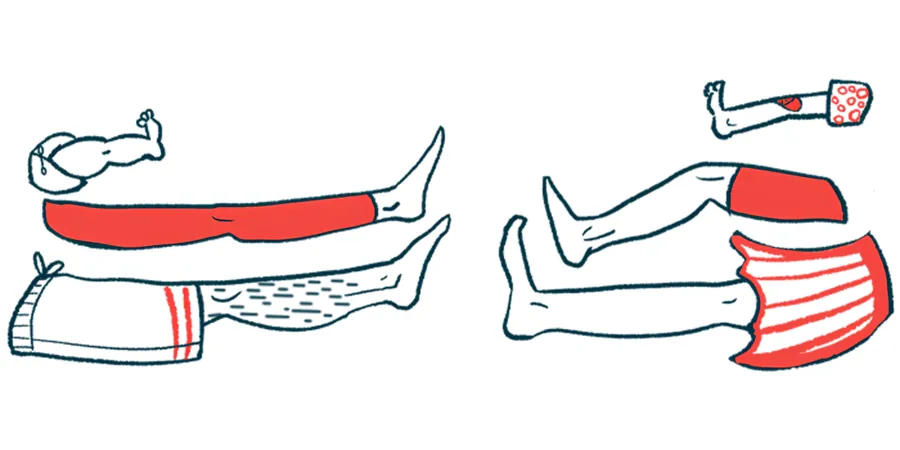
The Surprising Potential of Cannabinoids in Tackling MS Spasticity: What the Latest Research Reveals!
2024-12-09
Author: Wei
Introduction
Recent findings suggest that cannabinoids, specifically nabiximols, could be a game-changer for managing spasticity in multiple sclerosis (MS) patients. This revelation comes from a new meta-analysis that extensively reviewed published studies on the effectiveness of cannabis-based treatments for controlling this debilitating symptom characterized by muscle stiffness and spasms.
Understanding Spasticity in MS
Spasticity is a prevalent issue affecting MS patients, resulting from nerve cell damage that disrupts muscle control. While conventional medications are available to manage this condition, many patients experience short-term relief coupled with unwanted side effects, leaving them desperate for alternative solutions. This is where cannabinoids, the active components of cannabis such as THC and CBD, come into play.
Nabiximols: A Promising Solution
The groundbreaking study titled "Cannabinoids for spasticity in patients with multiple sclerosis: A systematic review and meta-analysis," published in the Multiple Sclerosis Journal – Experimental, Translational and Clinical, highlights the advantages of nabiximols. This oral spray combines the two most common cannabinoids and is already approved in Canada and several European countries under the brand name Sativex for treating spasticity in adults who do not respond to traditional therapies.
Study Insights
However, the researchers from Tehran University of Medical Sciences emphasize that while nabiximols shows promise, the overall safety and long-term efficacy of this treatment are still not well understood. Their comprehensive literature review identified 31 studies, including six randomized controlled trials, that showcased results from different parts of the globe, predominantly Europe, with a patient count ranging from eight to a staggering 1,845 over study durations of four weeks to a year.
Effectiveness of Cannabinoids
The meta-analysis reveals that cannabis-based products provided a significant reduction in spasticity, as measured by reliable scales such as the MS spasticity Numerical Rating Scale (NRS) and the Ashworth Scale. They concluded that nabiximols emerged as the most extensively utilized cannabinoid for alleviating MS-related spasticity and proved to be effective for many patients.
Variability in Outcomes
Nevertheless, the findings also indicated significant variability in outcomes; some studies reported no effectiveness in managing spasticity with cannabinoids, attributing these discrepancies to differences in study design, how spasticity was defined, and patient selection criteria.
Future Research Directions
The researchers point out the critical necessity for larger, multicentric studies to further clarify the role of cannabinoids in treating MS spasticity effectively. As interest in alternative treatments continues to rise, these findings may pave the way for more comprehensive research and potentially transform the treatment landscape for MS patients battling spasticity.
Conclusion
So, as more people turn to cannabis for relief, the crucial question remains: Could cannabinoids be the long-awaited breakthrough in MS treatment? Only time, and further research, will tell!

 Brasil (PT)
Brasil (PT)
 Canada (EN)
Canada (EN)
 Chile (ES)
Chile (ES)
 España (ES)
España (ES)
 France (FR)
France (FR)
 Hong Kong (EN)
Hong Kong (EN)
 Italia (IT)
Italia (IT)
 日本 (JA)
日本 (JA)
 Magyarország (HU)
Magyarország (HU)
 Norge (NO)
Norge (NO)
 Polska (PL)
Polska (PL)
 Schweiz (DE)
Schweiz (DE)
 Singapore (EN)
Singapore (EN)
 Sverige (SV)
Sverige (SV)
 Suomi (FI)
Suomi (FI)
 Türkiye (TR)
Türkiye (TR)